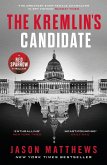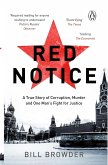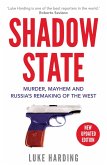In "The Minister of Evil," William Le Queux crafts a gripping tale that intertwines elements of mystery and political intrigue within a richly atmospheric narrative. Set against the backdrop of early 20th-century Europe, Le Queux explores themes of corruption, power, and espionage through the story of an enigmatic figure whose nefarious influence disrupts the stability of nations. His distinctive style, marked by meticulous detail and a vivid portrayal of suspense, offers readers an immersive experience that reflects the anxieties of the era, particularly regarding governmental trust and the burgeoning specter of international conflict. Le Queux, a prolific writer and journalist, found himself drawn to the themes of espionage and governmental intrigue, likely influenced by his own experiences as a war correspondent. His background in journalism, combined with a deep understanding of the political machinations of his time, allowed him to create a narrative steeped in authenticity. This nuanced portrayal of his characters mirrors the societal fears and tensions prevalent in a world on the brink of change, providing insight into the motivations that drive human behavior in times of turmoil. "The Minister of Evil" is a compelling read for those interested in early 20th-century literature, historical fiction, and espionage thrillers. Le Queux's ability to combine factual elements with imaginative storytelling invites readers to engage with the ethical dilemmas of power and the consequences of manipulation. Enthusiasts of suspenseful narrative driven by rich characterizations will find in this book a tantalizing exploration of good versus evil, making it an essential addition to their literary repertoire.
Dieser Download kann aus rechtlichen Gründen nur mit Rechnungsadresse in A, B, BG, CY, CZ, D, DK, EW, E, FIN, F, GR, H, IRL, I, LT, L, LR, M, NL, PL, P, R, S, SLO, SK ausgeliefert werden.









